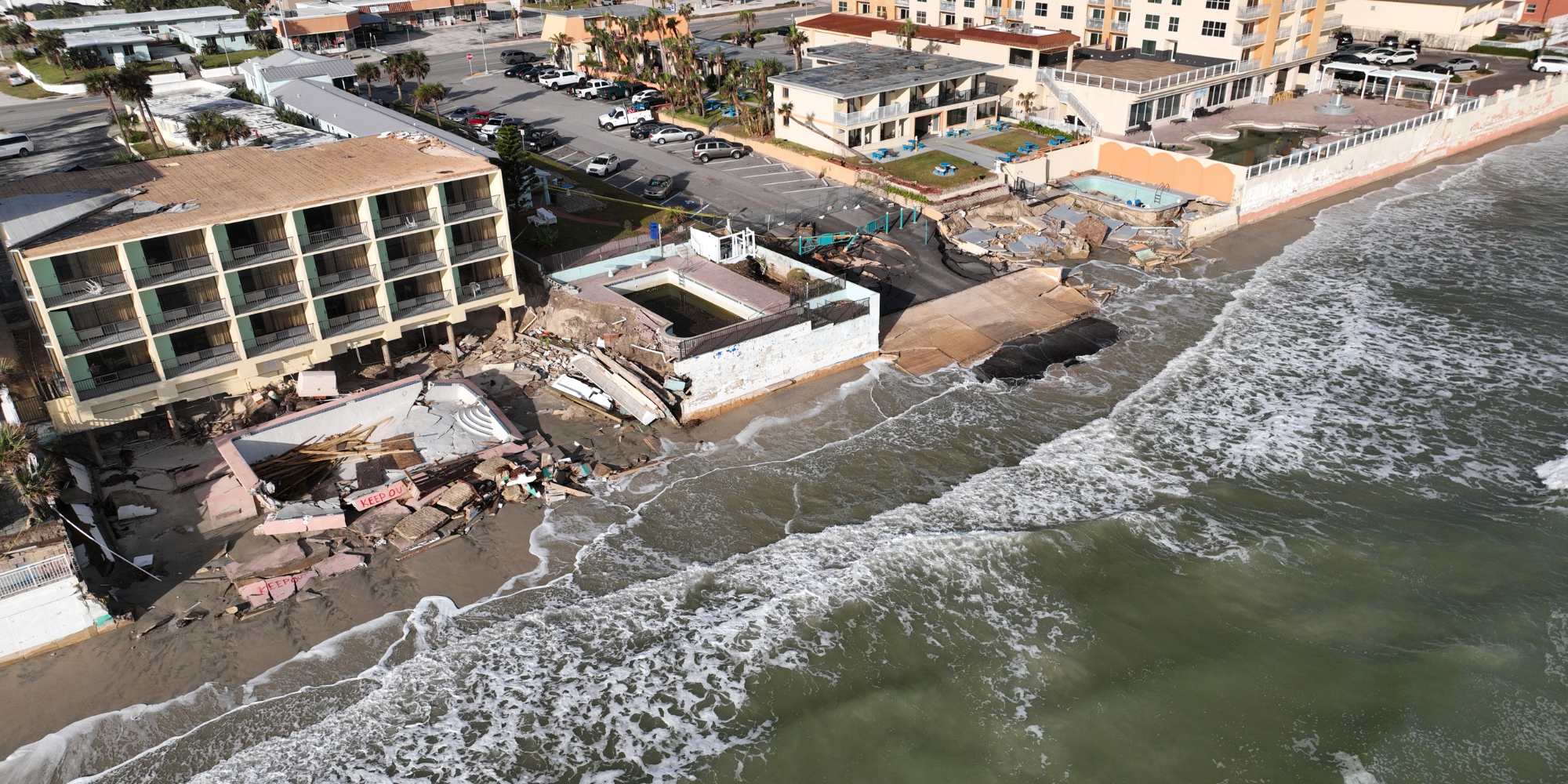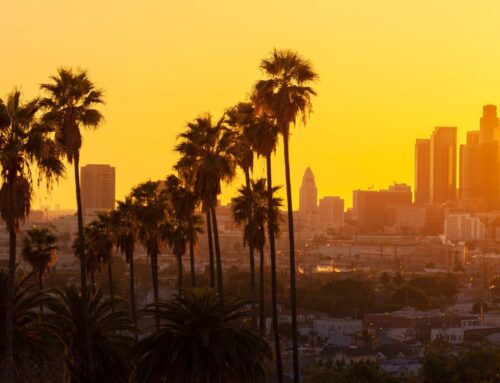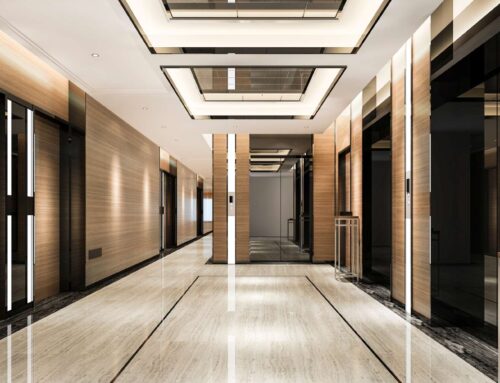Enhancing Fire Suppression Systems for Disaster Resilience
Ensuring Commercial Buildings Stay Fire-Safe During Hurricanes, Earthquakes, and Tornadoes
In today’s unpredictable climate, natural disasters are an ever-present risk, especially for commercial buildings. Hurricanes, earthquakes, and tornadoes can compromise fire protection systems, rendering them ineffective during emergencies. At Zari Consulting Group, our fire protection engineering services can be designed to ensure fire suppression systems are resilient against the challenges posed by natural disasters. This blog delves into how these systems are tailored to withstand extreme conditions, ensuring safety even during disasters.
Vulnerability of Commercial Buildings During Natural Disasters
Commercial buildings, particularly high-rises, and large structures face increased vulnerability during natural disasters. The structural damage caused by hurricanes, earthquakes, and tornadoes often extends to fire protection systems, creating a double threat for occupants. Fire safety systems that rely heavily on electrical grids or traditional infrastructure can fail during these events, exacerbating risks and complicating firefighting efforts. The need for robust, disaster-resistant fire protection design has never been more critical.
Fire Suppression Systems That Operate Without Electricity
One major challenge during natural disasters is the loss of electricity. Hurricanes, earthquakes, and tornadoes often knock out power for extended periods, leaving buildings without critical fire suppression capabilities. Designing fire suppression systems that can operate independently of electrical power provided by the grid is essential for disaster-prone areas.
At Zari Consulting Group, we recommend systems such as pressurized water tanks or gravity-fed systems that do not rely on pumps or electrical equipment to deliver water. Battery-powered or manually operated sprinkler systems are another option, ensuring that buildings retain fire protection even when power grids fail.
Fire Suppression Systems That Withstand Hurricane-Force Winds
If you are searching “Fire Protection Engineer Florida,” “Fire Protection Engineer South Carolina,” or “Fire Protection Engineer in Georgia,” this might interest you. Hurricanes bring torrential rains and sustained winds exceeding 150 miles per hour, which can cause severe structural damage. Fire suppression systems in hurricane-prone areas must be designed to withstand these powerful forces.
Zari Consulting Group focuses on durable, corrosion-resistant materials for fire protection infrastructure in hurricane zones. These materials can handle the high moisture levels and the physical stress of extreme winds. Rooftop fire suppression systems, such as water tanks and emergency generators, should be securely anchored to prevent displacement or damage during a storm. Wind-resistant enclosures for fire pumps and control panels can also protect critical systems from high-velocity wind damage.
Fire Protection Considerations for Areas Prone to Hurricanes
Beyond the physical resilience of fire suppression systems, buildings in hurricane-prone areas like Florida, Georgia, Louisiana, North Carolina, and South Carolina require specific fire protection planning. Backup power sources, such as diesel generators, must be incorporated into the fire protection design to ensure water pumps and alarm systems function when the primary grid is down. Additionally, flood-resistant housing for fire pumps, piping, and control systems can prevent water damage that could damage these systems in the event of storm surge or flooding.
Fire Protection Considerations for Areas Prone to Earthquakes
California is synonymous with Earthquakes, which present a unique challenge to fire protection systems. Ground movement can rupture water lines, topple fire protection equipment, and spark fires from damaged electrical systems. In seismic zones, fire suppression systems must be designed by Fire Protection Engineers in California with flexibility and stability in mind.
At Zari Consulting Group, we design fire protection systems incorporating seismic bracing for sprinkler pipes and fire pumps. Flexible connections between water sources and distribution systems help prevent breakage during ground movement. Additionally, we recommend using automated shutoff valves that detect leaks and seal water lines, preserving water pressure for fire suppression efforts even if some portions of the system are damaged during an earthquake.
Fire Protection Considerations for Areas Prone to Tornadoes
Tornadoes can cause widespread damage to buildings and infrastructure, compromising fire protection systems. As with hurricanes, fire suppression systems in tornado-prone areas must be able to function in the face of strong winds and flying debris.
Zari Consulting Group recommends reinforcing fire protection systems with heavy-duty materials that resist impact. Fire hydrants, sprinkler heads, and piping should be placed in protected areas, such as basements or reinforced walls, to prevent damage from debris. Additionally, buildings in tornado zones like Oklahoma and Nebraska should be equipped with backup power systems and sheltered water sources to maintain fire suppression capabilities when above-ground systems are compromised. Zari Consulting has Fire Protection Engineers in Nebraska who are well-versed in these requirements.
Conclusion
Natural disasters present significant challenges for fire protection in commercial buildings, but these risks can be mitigated through thoughtful design and engineering. At Zari Consulting Group, our fire protection engineers near you specialize in creating resilient systems that operate in the most extreme conditions. By anticipating vulnerabilities and implementing durable solutions, we ensure that commercial buildings remain protected, even when natural disasters strike.
For more information on how Zari Consulting Group can help safeguard your commercial property from fire risks, contact us today to discuss tailored fire protection solutions for disaster-prone areas.




